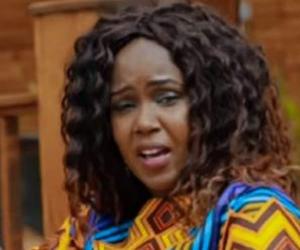1
Safiath
(Singer)

2
3
Birthdate: April 15, 1982
Sun Sign: Aries
Birthplace: Khartoum, Sudan
Safiath is a talented Nigerien artist who has made a name for herself as a singer, rapper, and songwriter. With a career spanning several years, she has captured the hearts of many fans through her music. Safiath's versatile skills allow her to seamlessly blend different genres and styles in her work, showcasing her creativity and passion for music. Through her performances and compositions, she continues to make a significant impact in the music industry, solidifying her reputation as a respected and influential artist.






